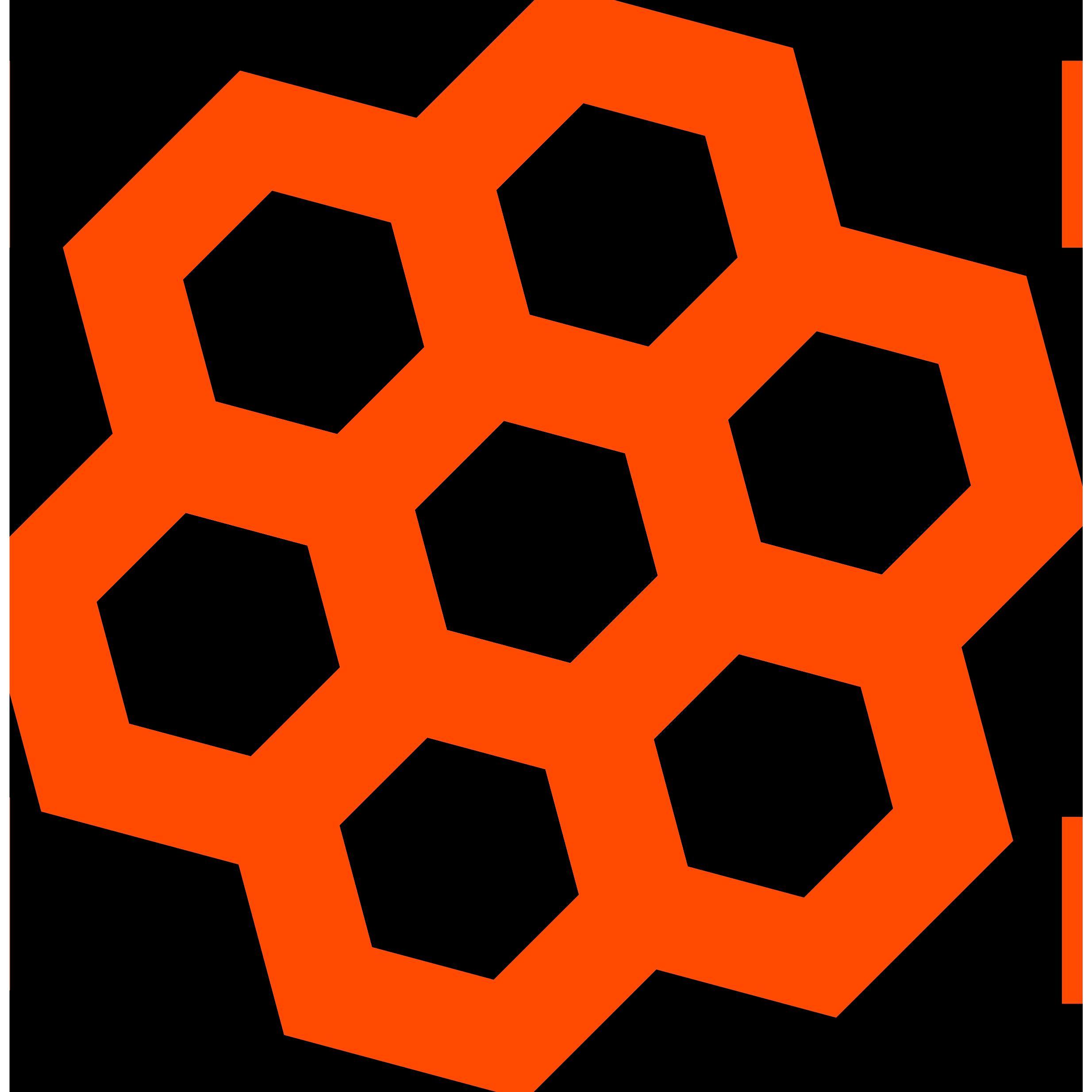
Princeton beehive
@PrincetonHive
Followers
199
Following
24
Media
17
Statuses
80
Statistical Genetics and Machine Learning Research at Princeton
Princeton, NJ
Joined March 2015
Ari Gewirtz defended her impressive thesis today: "Exploring Context-Specific Expression Variation and Distal Gene Regulation via Latent Variable Models." I can't wait for her to share the last chapter on QTL mapping w/single cell data -- preprint soon! We will miss you, Ari!
2
6
32
Congratulations to Guillaume Martinet, PhD who successfully defended his thesis: "Invariant Mechanisms in Transfer Learning and Causal Inference: Some Theoretical Perspectives and Algorithms" on Tuesday! Great presentation, and exciting work! 🌟
1
0
11
Our paper “Hierarchical Gaussian Processes and Mixtures of Experts in Predicting COVID Patient Trajectories” has been accepted accepted for publication in the proceedings AND oral presentation at PSB 2022! Can’t wait to share our results with you on the Big Island 🏝️ #PSB22
2
3
15
Great work from @hotarcheetos in leading the project with @ras_trophysics and in the Toettcher lab members/collaborators @kazuhiroaokilab and @danielle_isakov!
0
0
0
Wonderful work on best practices EHR data processing and some cool vignettes by @Aishwarya_R_M, Liz Yoo, and Jeff Soules (Flatiron), and a great collaboration with Dr. Krzysztof Laudanski (HUP). Try out COP-E-CAT if you build AI/ML methods for EHR data!
0
0
2
COP-E-CAT paper: https://t.co/TPXmMxwnLF COP-E-CAT software: https://t.co/JRidfwwI9E MIMIC-IV data: https://t.co/Br89chMMEQ
github.com
COP-E-CAT is a preprocessing pipeline for MIMIC-IV - aishwarya-rm/cop-e-cat
1
0
2
Our COP-E-CAT paper and software are available! COP-E-CAT allows you to access, regularize, filter, impute, and chunk the MIMIC-IV data into regular time slices. Then you can use this EHR dataset easily in ML downstream analyses: prediction, dimension reduction, RL, etc.
1
5
10
Amazing collaboration with @toettch and @ras_trophysics -- can't wait for the next one!
1
0
1
Our CPP software package is at: https://t.co/hPuj315u39 and our movies/data are available at: https://t.co/P0vgNnlifE
1
0
1
Do you have time-series fluorescence data in which you would like to quantify signaling? Our cellular point process paper is out:
pnas.org
Multicellular organisms rely on spatial signaling among cells to drive their organization, development, and response to stimuli. Several models hav...
1
7
28
Incredible Greg Gundersen defended his thesis today "Practical Algorithms for Latent Variable Models." His curiosity, determination, & the gradient of his trajectory will not be matched soon. The blog he wrote for his own understanding is an ML treasure: https://t.co/yqYkKOH9Rj
0
3
34
.@hotarcheetos Archit Verma, PhD successfully defended his thesis "Bayesian modeling of single cell data" last week. His work on models to study single cell data is phenomenal! We will miss him so much, but hope he will join us for future group retreats! Best of luck, Archit!
0
7
19
PhD student @andy_c_jones did so well on his generals exam on contrastive latent variable models for case-control study data. I love his collaborator slide because it shows the breadth of his work & collaborations, and also the mentoring he's involved in with amazing undergrads!
0
2
9
This is the work of @jordan_t_ash, Greg Darnell, and @danbmunro -- all code available at
github.com
Code for preparing and running the imageCCA method. - daniel-munro/imageCCA
0
0
5
The ImageCCA paper is out! Seven years in the making, this work uses a convolutional autoencoder plus CCA to find associations between histopathological images and bulk gene expression data across tissues. In GTEx v6 data, we find image morphology QTLs. https://t.co/3gaqDoES5q
nature.com
Nature Communications - Image features from histological slides can be used as informative endophenotypes in association studies for tissue-localized pathologies. Here, the authors develop...
1
14
48
The scGeneFit paper is out! Amazing collaboration with @SoledadVillar5 and @bidumit -- and an easy-to-use Python package available for marker discovery in single cell data!
nature.com
Nature Communications - The selection of a small set of cellular labels to distinguish a subpopulation of cells from a complex mixture is an important task in cell biology. Here the authors propose...
0
0
5
Barbara was selected for the ISCB Overton Prize! She will give the Overton lecture this July at ISMB.
0
0
10
Out in PLoS Comp Bio: Causal network inference from gene transcription time series data. Super excited about this work with (then) undergrad @JonathanLu11, @bidumit, and @timreddy's Lab!
journals.plos.org
Author summary We can better understand human health and disease by studying the state of cells and how environmental dysregulation affects cell state. Cellular assays, when collected across time,...
0
2
6
Try tGPLVM out for visualization and processing scRNA-seq count data. The t-distributed noise means tGPLVM is robust to outliers, is able to go to higher dimensions than t-SNE, and does not suffer from mode collapse. Software available here:
github.com
tGPLVM: A Nonparametric, Generative Model for Manifold Learning with scRNA-seq experimental data - architverma1/tGPLVM
0
0
2
Archit Verma's paper on t-distributed GPLVM for normalization, imputation, and dimension reduction in single cell RNA-seq data is out!
bmcbioinformatics.biomedcentral.com
Background Modern developments in single-cell sequencing technologies enable broad insights into cellular state. Single-cell RNA sequencing (scRNA-seq) can be used to explore cell types, states, and...
1
2
8






